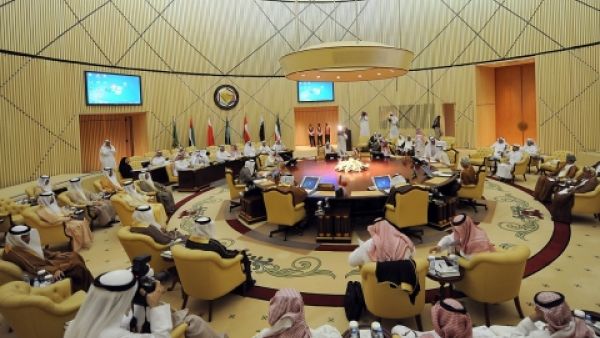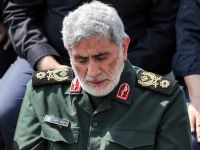DUBAI/DOHA: Qatar said it would formally send Kuwait its response Monday to demands by Saudi Arabia and other Arab allies that Doha cease its alleged support for terrorism, state news agency QNA reported. The deadline imposed by the states for Qatar to accept their ultimatum passed Sunday night.Qatar faces possible further sanctions by Arab states that have severed ties with Doha over allegations of links to terrorism.
Qatari Foreign Minister Sheikh Mohammed bin Abdulrahman al-Thani said Saturday the demands were made to be rejected, adding that the Arab ultimatum was aimed not at tackling terrorism but at curtailing his country’s sovereignty.
Sheikh Mohammed said in Rome that Doha remained ready to discuss the grievances of its Arab neighbors. “This list of demands is made to be rejected. It’s not meant to be accepted or ... to be negotiated,” Sheikh Mohammed said. “The state of Qatar instead of rejecting it as a principle, we are willing to engage in [dialogue], providing the proper conditions for further dialogue.” He added that no one had the right to issue an ultimatum to a sovereign country.
The feud erupted last month when Saudi Arabia, the United Arab Emirates, Bahrain and Egypt severed diplomatic and travel ties with Qatar, accusing it of supporting terrorism and being an ally of regional foe Iran, charges that Doha denies.
The countries have threatened further sanctions against Qatar if it does not comply with their list of 13 demands presented to Doha through Kuwait 10 days ago.
A State Department official said Sunday that the United States encourages “all parties to exercise restraint to allow for productive diplomatic discussions. We are not going to get ahead of those discussions. We fully support Kuwaiti mediation.”
Qatar’s Gulf critics accuse Al-Jazeera of being a platform for extremists and an agent of interference in their affairs. The network has rejected the accusations and said it will maintain its editorial independence.
Gulf countries have insisted the demands were non-negotiable.
The UAE’s minister of state for foreign affairs, Anwar Gargash, played down the chances of an escalation, saying “the alternative is not escalation but parting ways,” suggesting Qatar may be forced out of the six-member Gulf Cooperation Council.
The Western-backed body was formed in 1981 in the wake of Iran’s Islamic Revolution and the outbreak of the Iran-Iraq war, by Saudi Arabia, the United Arab Emirates, Kuwait, Qatar, Oman and Bahrain.
Speaking in Washington last week, the Qatari foreign minister said the GCC was set up to guard against external threats. “When the threat is coming from inside the GCC, there is a suspicion about the sustainability of the organization,” Sheikh Mohammed told reporters.
Qataris appeared defiant Sunday, with newspapers decrying a “siege” and sharing on social media a cartoon of David and Goliath to illustrate Qatar’s struggle with its larger neighbors.
Saudi Arabia’s permanent representative to the United Nations, Abdullah bin Yahiya al-Moallemi, said on Twitter that Qatar had failed to take opportunities offered by its neighbors in the past to stop supporting terrorism.
The crisis has hit travel and food imports, ratcheted up tensions in the Gulf and sown confusion among businesses, while pushing Qatar closer to Iran and Turkey.
The rift opened days after U.S. President Donald Trump met Arab leaders in Riyadh and called for unity against regional threats such as Iran and hard-line Islamist militant groups.








